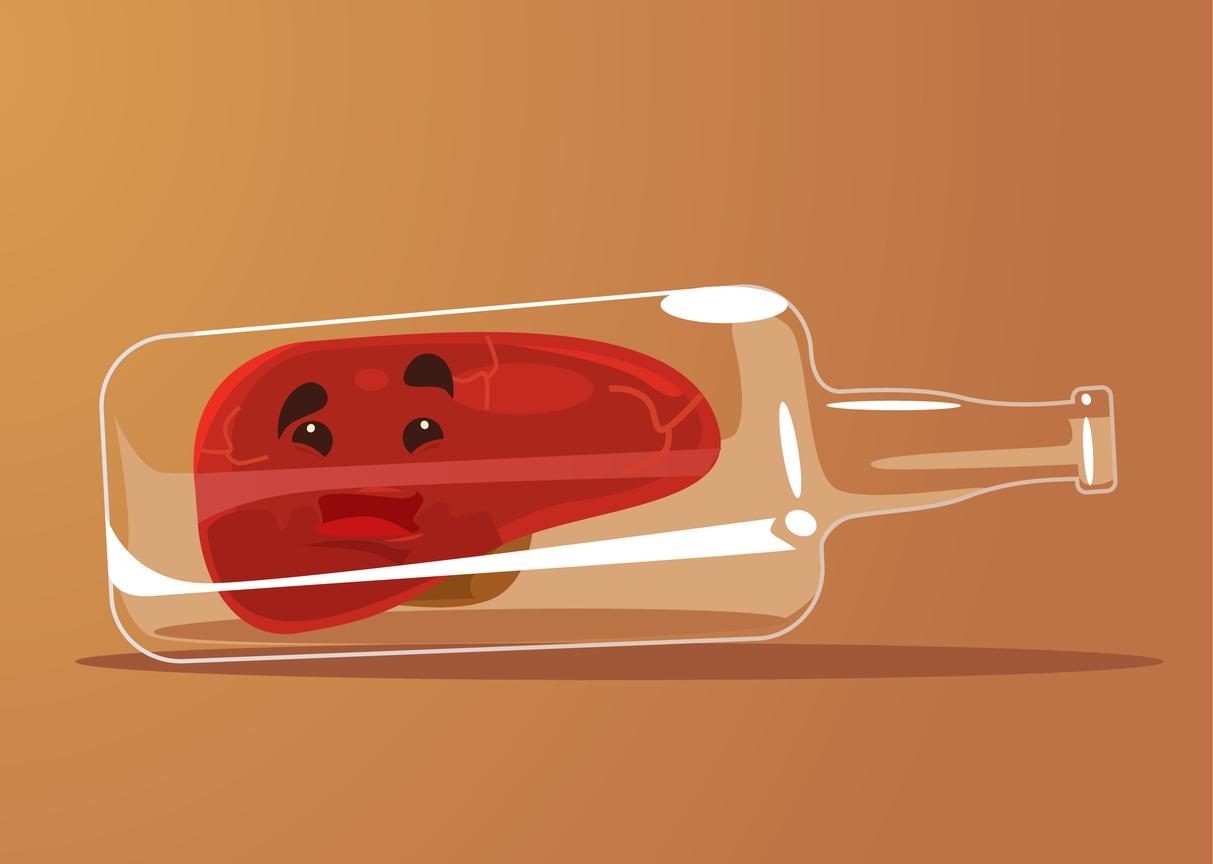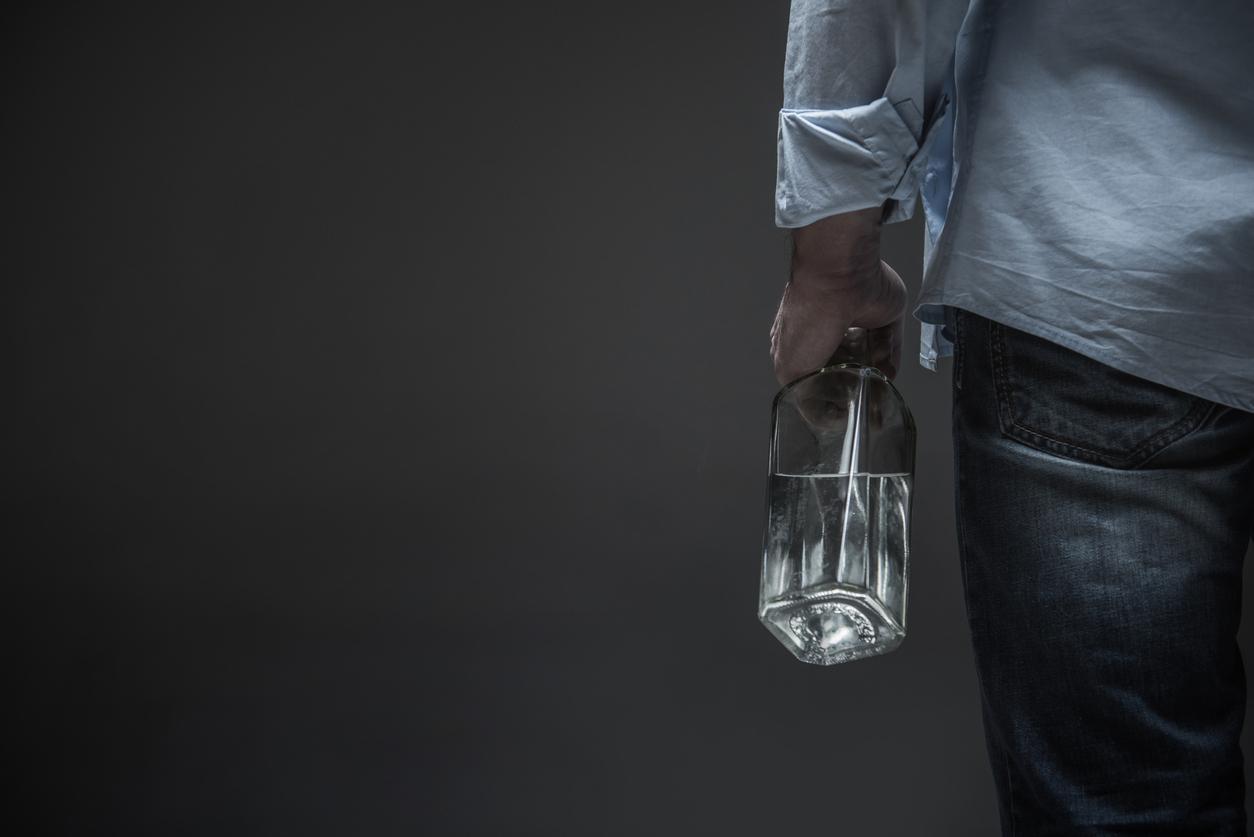The technique, called “transcranial direct current stimulation”, is equivalent to electrical stimulation of the brain, to strengthen the area that makes decisions. The Tours University Hospital is looking for additional volunteers to complete the tests.

While this addiction now affects all social categories, the University Hospital of Tours is looking for additional volunteers to complete the tests of a new treatment against alcoholism, reports France Blue Touraine on the occasion of the 9th interregional alcoology-addictology day organized by the group of alcoholics in Indre-et-Loire.
Hazardous alcohol consumption
After taking the WHO alcohol dependence test, 30.7% of men between the ages of 18 and 35 recently said they had a high level of risk, even dangerous for 5.8% of them. It is in this same age category that we find the greatest proportion of women exhibiting “dangerous” (12.9%) and problematic (1.6%) behaviors with regard to their consumption of alcohol. ‘alcohol.
According to the first results of a study presented as part of the 3rd national day for the prevention of addictive behavior at work, it is now the executives who present the highest percentage of at-risk alcohol consumption (11.7%) among women, well ahead of workers and artisans (8.6%). Almost 23% of men working in intermediate professions (teachers, nurses, technicians, etc.) have high rates of risky alcohol consumption, that is to say risky for the physical or mental health of the person, and having an impact on his personal life.
Direct current transcranial stimulation
“Contrary to popular belief, everyone is affected, and not just workers in the industry, to put it in a somewhat trivial way”, explains Guillaume Airagnes, addictologist psychiatrist at the Georges-Pompidou hospital in Paris and doctoral student at the National Institute for Health and Medical Research (Inserm).
The Tours University Hospital has developed a new treatment for alcoholism. The technique, which is called “transcranial direct current stimulation”, is equivalent to electrical stimulation of the brain. “The first symptom that appears in alcohol addiction is loss of control, that is to say that when I have decided that I will not drink, I drink anyway”, explains the doctor Hussein El-Ayoubi, in charge of the experiment. “It is the prefrontal cortex which, by repeating the behavior of consuming alcohol, loses control over the area of emotions, the area of memory, the area of pleasure. The goal of transcranial stimulation with current continuous is to re-stimulate this area in alcohol-addicted patients. “
Prefrontal cortex
Concretely, twice a week, electrodes strengthen the prefrontal cortex of the volunteers, so as to stimulate the area of the brain that makes decisions. The sessions, painless, last 13 minutes. The first results seem to indicate that alcohol dependent patients were better able to say “no” to the drink.
“It is an innovative treatment in the sense that it acts on an area of the brain where there is no medication,” explains Dr Hussein El-Ayoubi to France Blue Touraine. “I really tend to believe in this type of treatment because there are already positive effects at the University Hospital of Tours with the volunteers who have been experimenting with it since February,” he assures us. If the results, available at the end of 2019, are indeed conclusive, stimulation of the brain could become the third way of treatment for alcohol dependence, after drugs and psychotherapy.
Currently, around ten people have volunteered in Tours, and around a hundred throughout France. Doctors hope to recruit 340 in total.

.

















